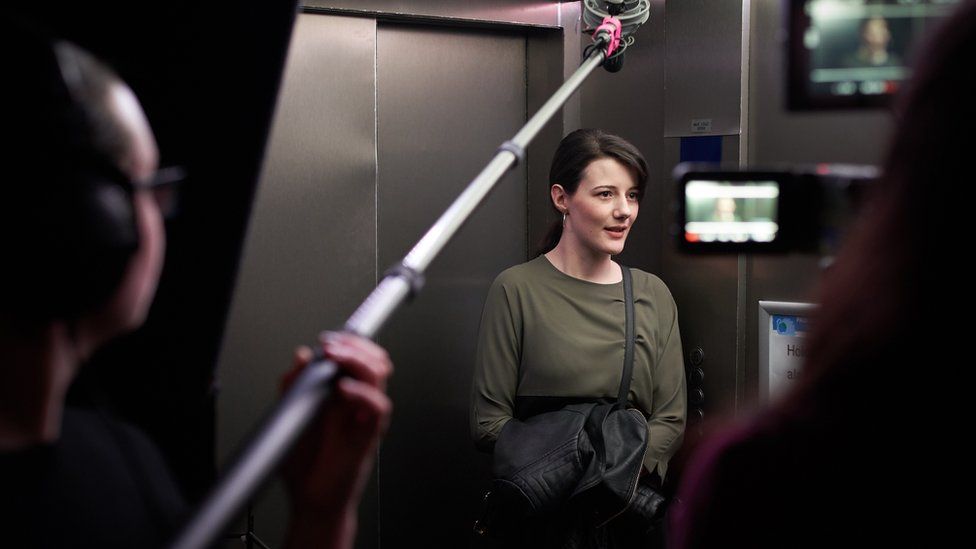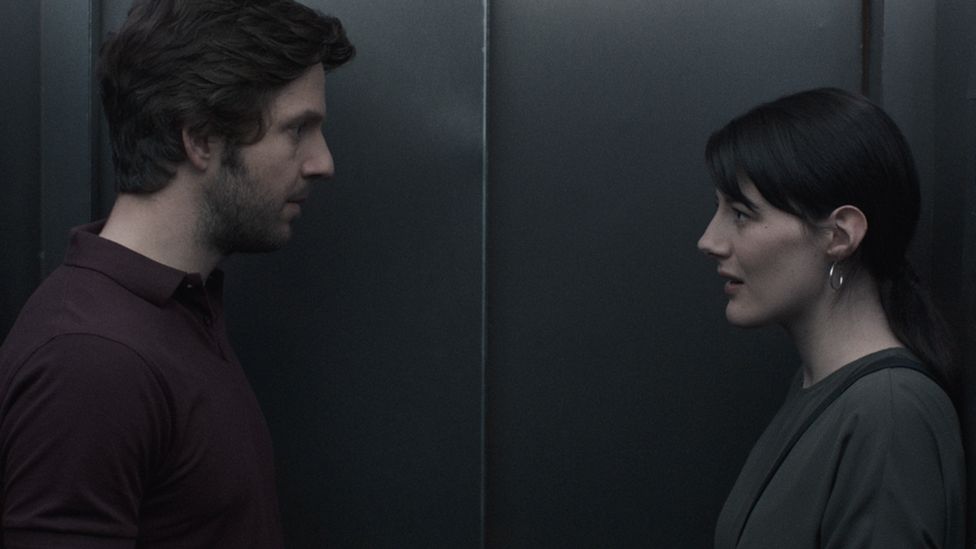A TikTok video about sexual consent has been inundated with comments from men accusing women of assault.
Many of them mention Andrew Tate, the divisive influencer who has been barred from multiple sites due to his misogynist views.
The two-minute video, posted by an account with approximately 1,700 followers, has been viewed almost 1.2 million times.
Its creator Emmeline Hartley says she believes TikTok’s algorithms are driving more hate toward the film.
People using TikTok are served content based on a mixture of videos they have previously liked, and on which people like them have watched and commented.
TikTok said misogyny was prohibited on the platform.
“Our community guidelines specifically call it out as a hateful ideology and we are crystal clear that we do not want that content on our platform,” said a spokesperson.
It added that it had removed more than 100 comments from Ms Hartley’s video, which it said was a small proportion of the number that had been left.

Ms Hartley said she had found it impossible to make direct contact with someone from the platform to get help.
“We don’t have the capacity or the manpower to respond to all the comments,” Ms Hartley said.
“I thought, ‘what have I done? I’ve made a film that’s helping rape culture.”
She says she has seen other videos on TikTok that have been swamped with abusive comments where the creator is appealing for likes and positivity to help “pull them back from the wrong side of TikTok”.
Fictional story
Ms Hartley’s original video, Keep Breathing, was 18 minutes long and made in 2018, with funding from various local organizations in Derby and backed by the British Film Institute.
It is a fictional story featuring a couple arguing in a lift about a previous sexual encounter, interwoven with flashbacks to the evening it took place.
The characters had both been drinking alcohol, they met in a nightclub, and there were misunderstandings about how they were going to get home and whether the man was going to stay with the woman.

However, the clip she posted to TikTok in September featured only the pair’s argument and not the contextual flashbacks. When Ms Hartley tried to add a separate video featuring those, they were repeatedly removed by TikTok on the grounds that they were explicit.
She has now been able to share the context but says there are still many comments which are abusive towards women.
Although she considered removing the videos, Ms Hartley says she is content that she decided to share the post.
“I don’t regret it, but I’m trying to navigate how to respond,” she said.
“Some of the comments have been healthy, a couple of people have changed their minds while replying to each other. I think it’s important, it needs to go out there.”
How the algorithm works
Social media consultant Matt Navarra said that TikTok’s algorithm functions as a recommendation service, drawing both on the previous activity of the individual user and others like them, in order to serve up new content with which the person is also likely to engage.
This keeps them on the platform for longer and more frequently, which is good for advertisers and therefore also good for TikTok’s advertising revenue.
“It means if this content has been seen, engaged with, and liked by a group of users who are, for example, Andrew Tate fans, then it’s likely to show that piece of content to even more people who are that sort of user,” he said. “It’s self-perpetuating.”
The creator cannot stop this train once it is in motion, because they have no control over the algorithm itself and there are limited options for reporting issues, Mr Navarra added.
In July it was reported that Meta, which owns Facebook and Instagram, was going to make its algorithm more similar to TikTok’s, rather than prioritising content from accounts that individuals were already following.
